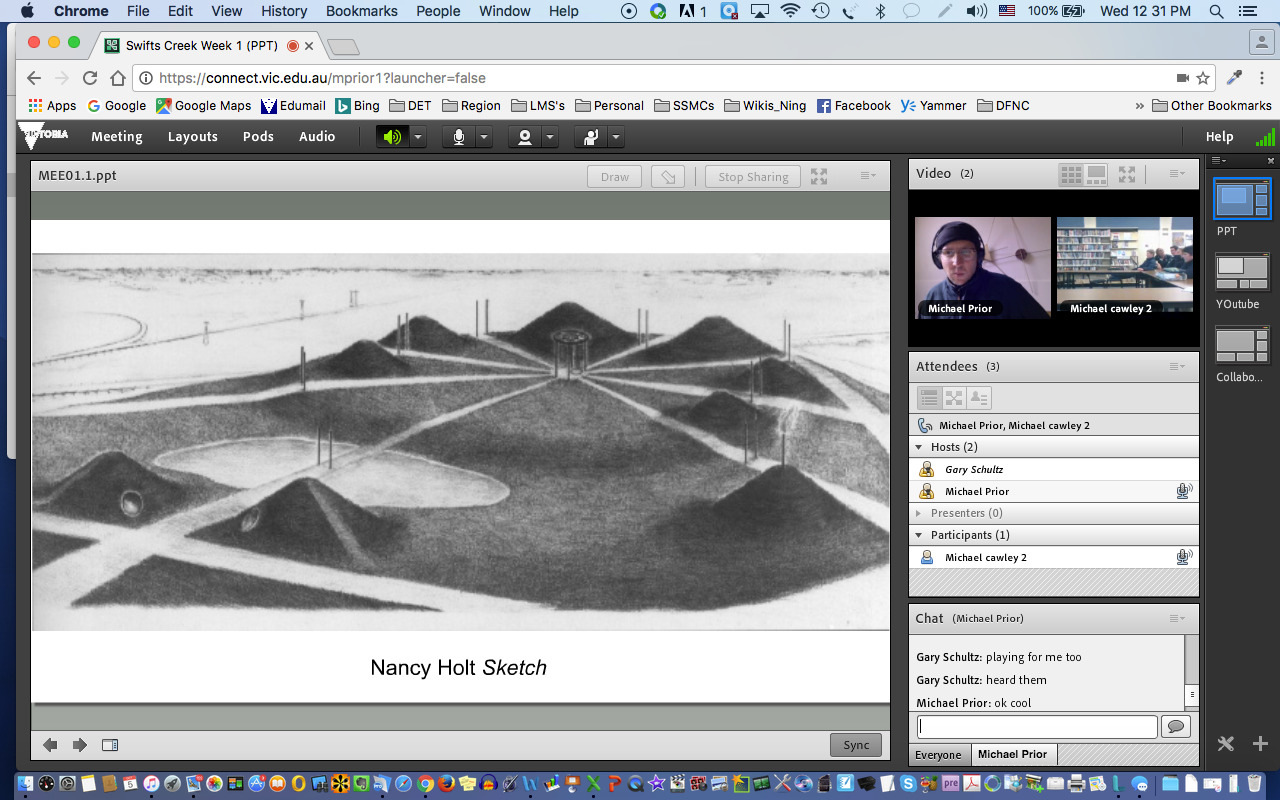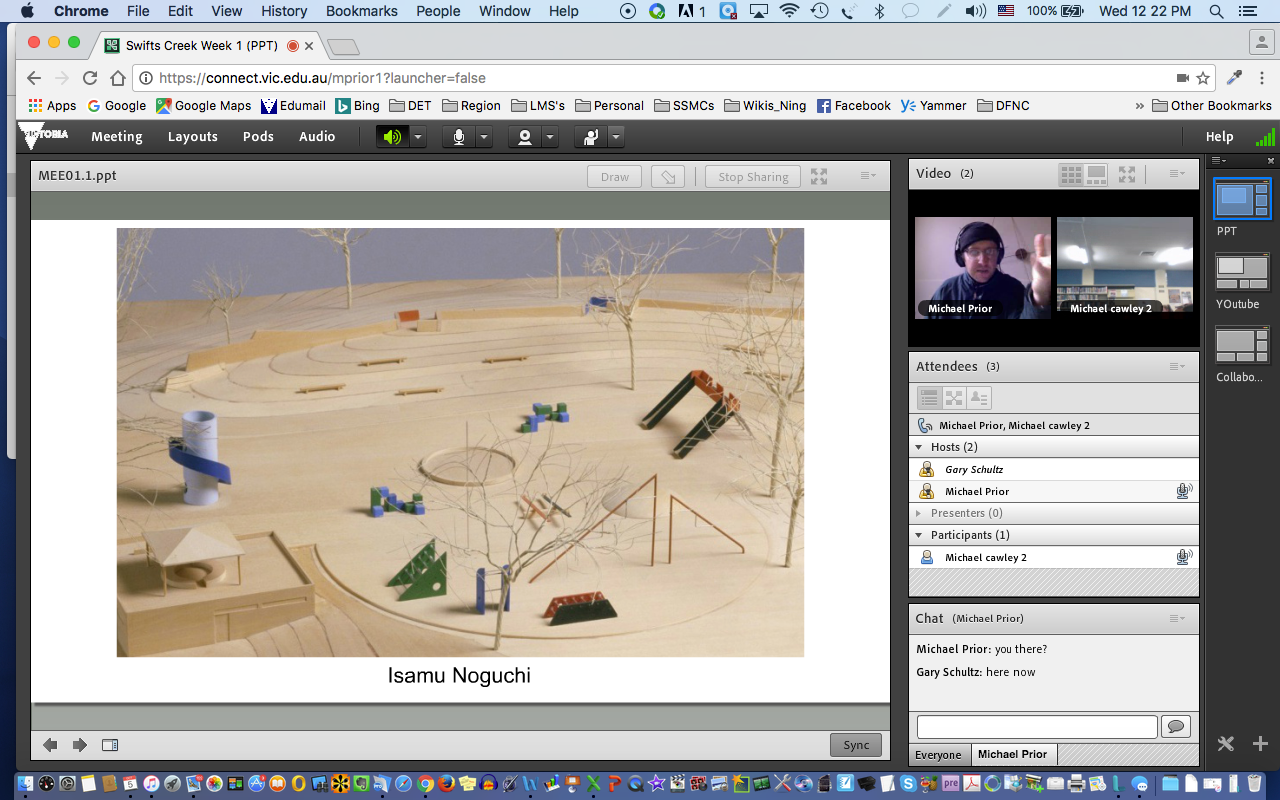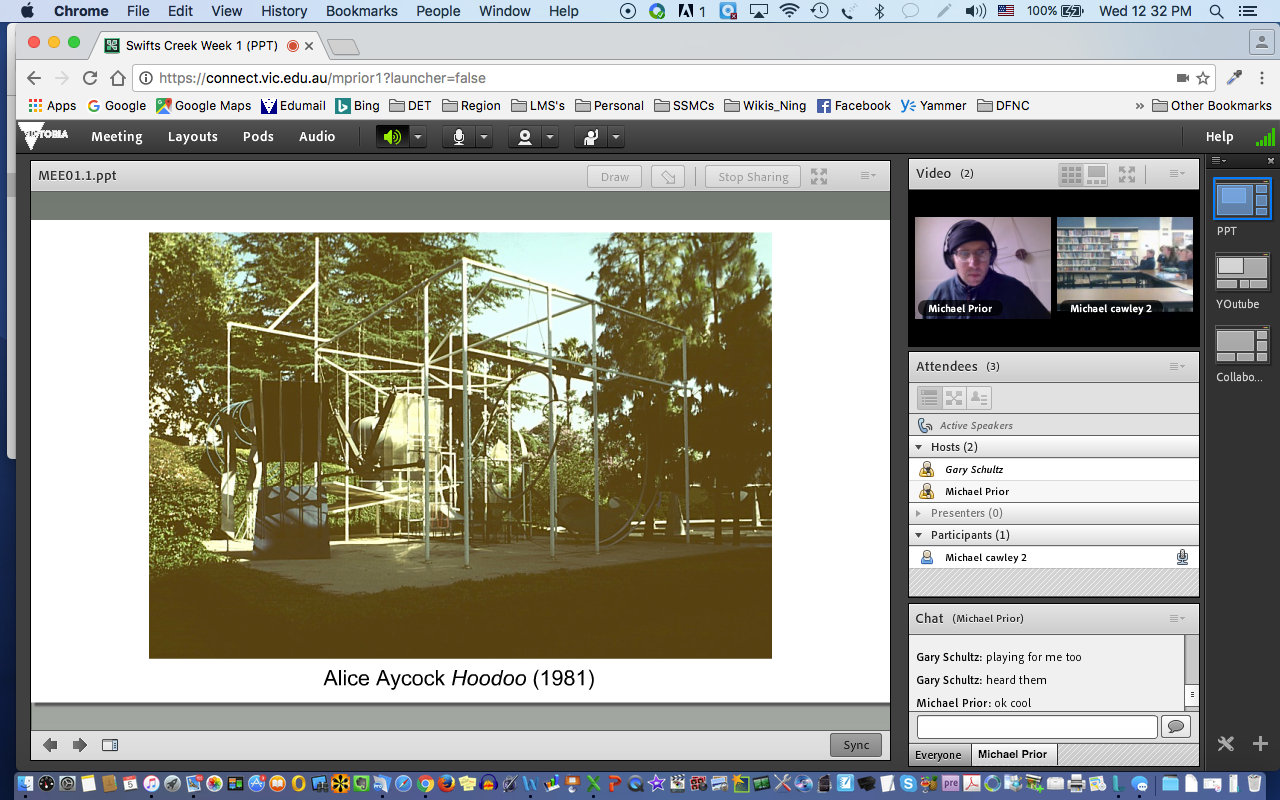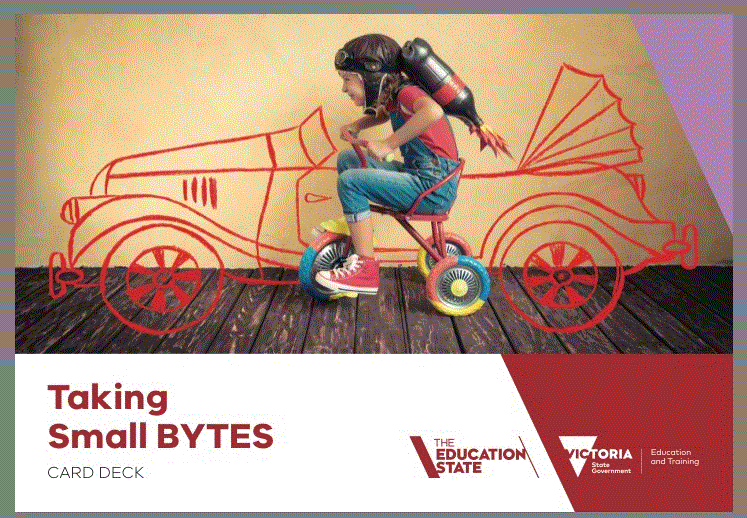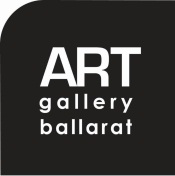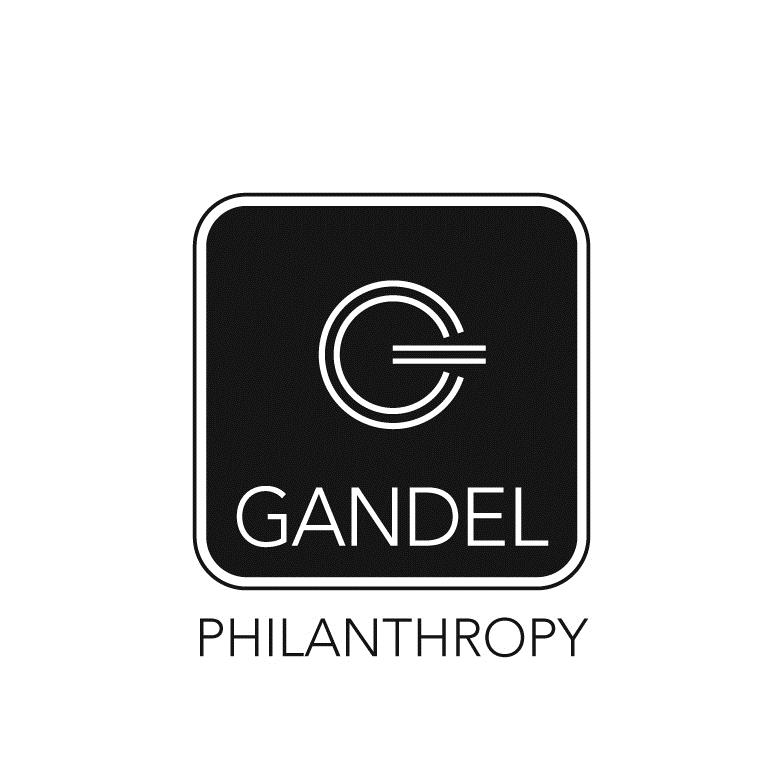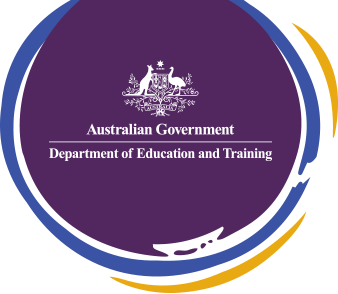History and digital technologies come together with these fantastic programs run by History Teachers Association of Victoria 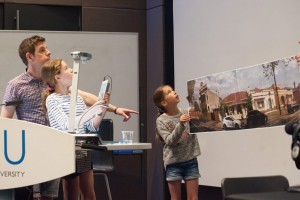
Kids’ Conference
The Kids’ Conference is coordinated by the Australian Catholic University and the History Teachers’ Association of Victoria. It provides a platform for tech savvy primary and secondary school students to showcase their History and Geography digital projects to a diverse audience of educators and peers.
- Tuesday 29 November 2016
- Australian Catholic University, Fitzroy Campus
Click here to book or view further conference details. School students and pre-service teachers attend free, but must still reserve a place through the website.
COMPETITIONS
National History Challenge
The National History Challenge is a research-based competition for students. It gives students a chance to be an historian, researching world history, examining Australia’s past, investigating their community or exploring their own roots. It emphasises and rewards quality research, the use of community resources and effective presentation. Students can develop their research using a range of digital presentation styles including website building, podcasts, app development, film making, Minecraft, virtual reality or using a range of functional apps. The competition is free to enter and open to students in prep to year 12. Click here to find out more.
The Premier’s Spirit of Anzac Prize
Do your students fancy a free overseas trip to places of significance where Australian soldiers have fought? Students have the option to develop a response using a range of digital or multimedia presentation styles and could find themselves winning the trip of a lifetime! The Spirit of Anzac Prize is a free competition open to year 9/10 students in Victorian schools. Click here to find out more.





